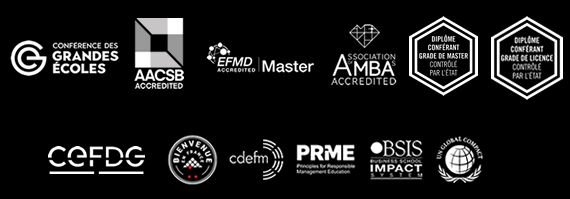The luxury sector, long synonymous with exclusivity and opulence, is undergoing a transformative shift. As we move into 2023 and beyond, a new paradigm is emerging: ethical luxury. So how is social responsibility becoming a cornerstone in the strategies of luxury brands and reshaping the industry’s future?
This is how luxury brands are incorporating social responsibility into their strategies, marking a pivotal shift in the industry.
Understanding the Shift to Ethical Luxury
The luxury market is witnessing a fundamental change in its core values and consumer expectations.
The Evolution of Consumer Values
In recent years, there’s been a noticeable shift in consumer preferences. Individuals are increasingly seeking brands that not only offer high-quality products but also align with their ethical values. This change is particularly pronounced among younger consumers, who are more conscious of environmental and social issues. Luxury brands, recognizing this shift, are adapting by integrating sustainable practices and ethical sourcing into their business models.
The Role of Social Responsibility
Social responsibility in the luxury sector isn’t just about philanthropy; it’s about integrating ethical practices throughout the supply chain. From reducing carbon footprints to ensuring fair labor practices, luxury brands are taking a holistic approach to sustainability. This shift is not just a moral imperative but also a strategic one, as it enhances brand reputation and customer loyalty.
The Impact of Ethical Luxury on Brand Strategies
As ethical considerations become increasingly important, luxury brands are reevaluating and adjusting their strategies.
Redefining Luxury Branding
The concept of luxury is being redefined. It’s no longer just about the quality and exclusivity of products; it’s also about the impact a brand has on the world. Luxury brands are now portraying themselves as not just purveyors of goods but as agents of positive change. This repositioning is evident in marketing campaigns and brand messaging that highlight sustainable practices and ethical commitments.
Innovation and Sustainability
Innovation is at the heart of this new era of luxury. Brands are exploring sustainable materials, eco-friendly manufacturing processes, and circular economy models. This innovation isn’t just limited to product development; it’s also about how brands engage with consumers and leverage digital technologies to enhance the customer experience.
Preparing for the Future of Luxury
The evolving landscape of the luxury sector demands a new breed of professionals. This is where specialized education and training in navigating this new era come in.
The Role of Education and Expertise
As the luxury sector evolves, there’s a growing need for professionals who understand the nuances of this new landscape. Programs like the MSC Luxury & Innovation Management at EMLV Business School are pivotal. They offer a unique blend of luxury management and digital innovation, preparing students to lead in a sector where traditional luxury meets modern technology and ethical responsibility.
EMLV’s Unique Approach
EMLV’s program is particularly relevant in this context. It combines expertise in digital and new technology fields with a deep understanding of the luxury industry. This approach is crucial for those looking to make a mark in a sector where innovation, sustainability, and social responsibility are becoming key differentiators.
Finally, the rise of ethical luxury marks a significant shift in the luxury sector. It’s a response to changing consumer values and a global call for more sustainable and responsible business practices. As brands adapt their strategies to this new reality, the need for skilled professionals who can navigate these changes becomes ever more critical.
Programs like EMLV’s MSC Luxury & Innovation Management are at the forefront of preparing the next generation of luxury industry leaders, equipped to handle the challenges and opportunities of this evolving landscape.






















